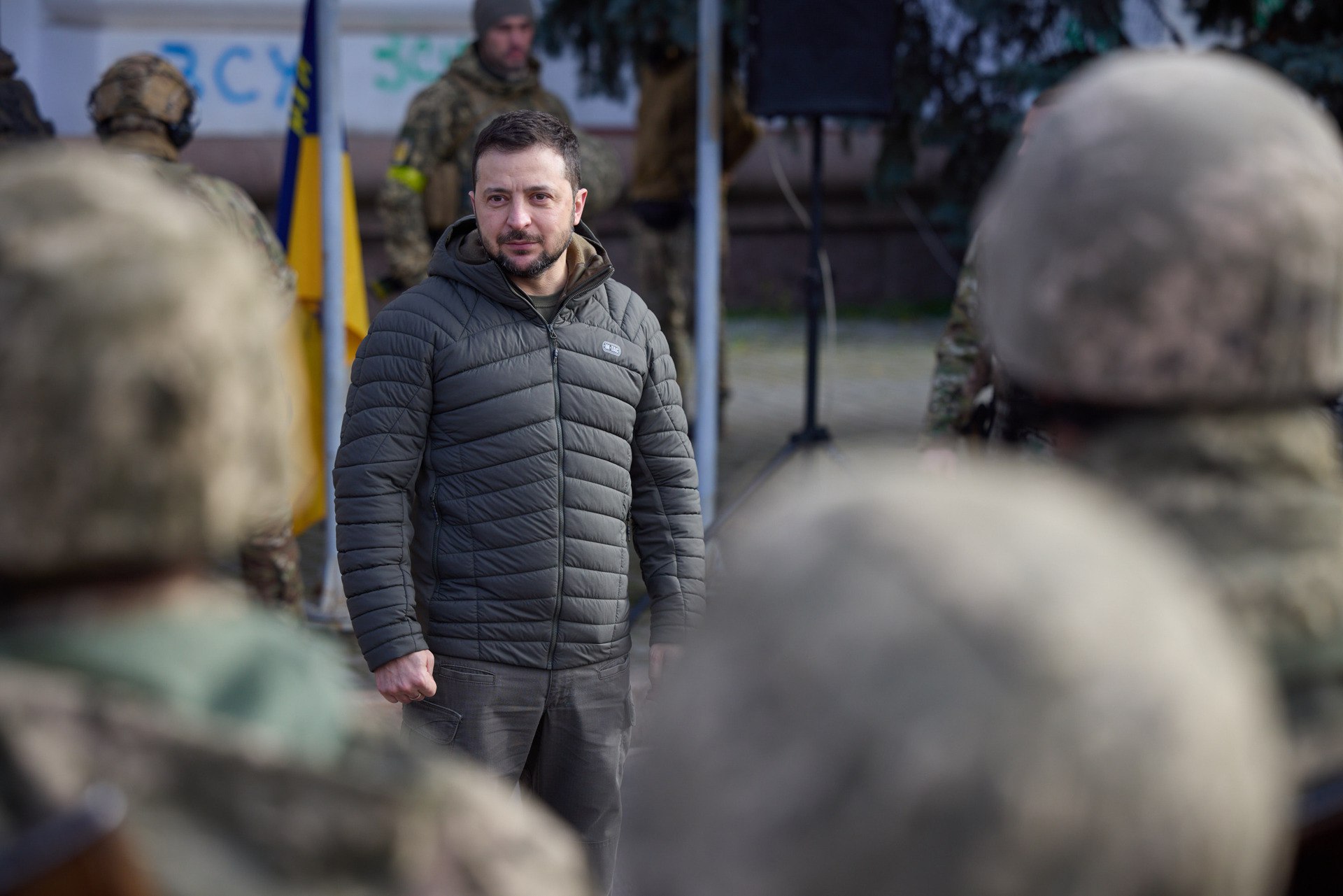Borrell rejects cutting military aid for Ukraine

The European Union's chief diplomat Josep Borrell rejected the idea of cutting weapons supplies for Ukraine in an interview with the Spanish radio station Onda Cero on June 12.
Borrell criticized those who call for stopping military aid for Ukraine "for the sake of peace."
"What will be next? What if we stop sending military aid to Ukraine? This will not convince Russia to withdraw. We all want peace, but we have to know what kind of peace we want," Borrell said.

According to the EU's top diplomat, the main goal of Ukraine's partners must be a complete Russian withdrawal from the occupied territories.
He added that Putin made a "gigantic mistake" when he underestimated Ukraine's capacity for resistance against the invasion.
Borrell shared hopes that China, having a close relationship with Putin, may influence the Russian dictator to end the war.
Many international partners who provide military aid to Ukraine have encountered domestic opposition to these efforts.
For example in Germany and Czechia, rallies often attended by far-right and far-left figures protest their governments' policies of supporting Ukraine with arms. They instead argue with the necessity for immediate peace talks and diplomacy measures.
President Volodymyr Zelensky said in December 2022 that only Russian dictator Vladimir Putin could "turn the war from a military path to a diplomatic one" by ordering his troops to leave Ukraine.











